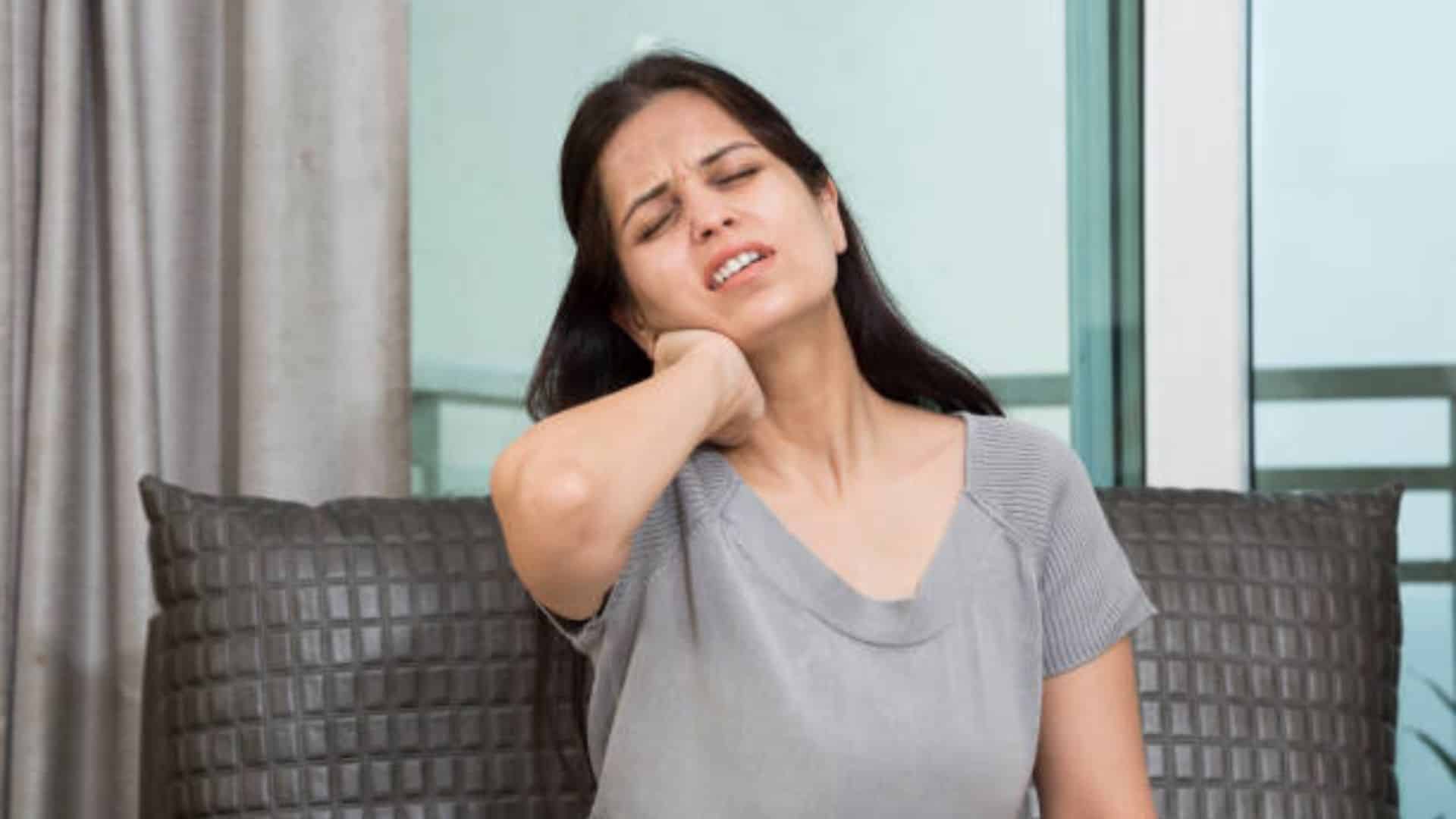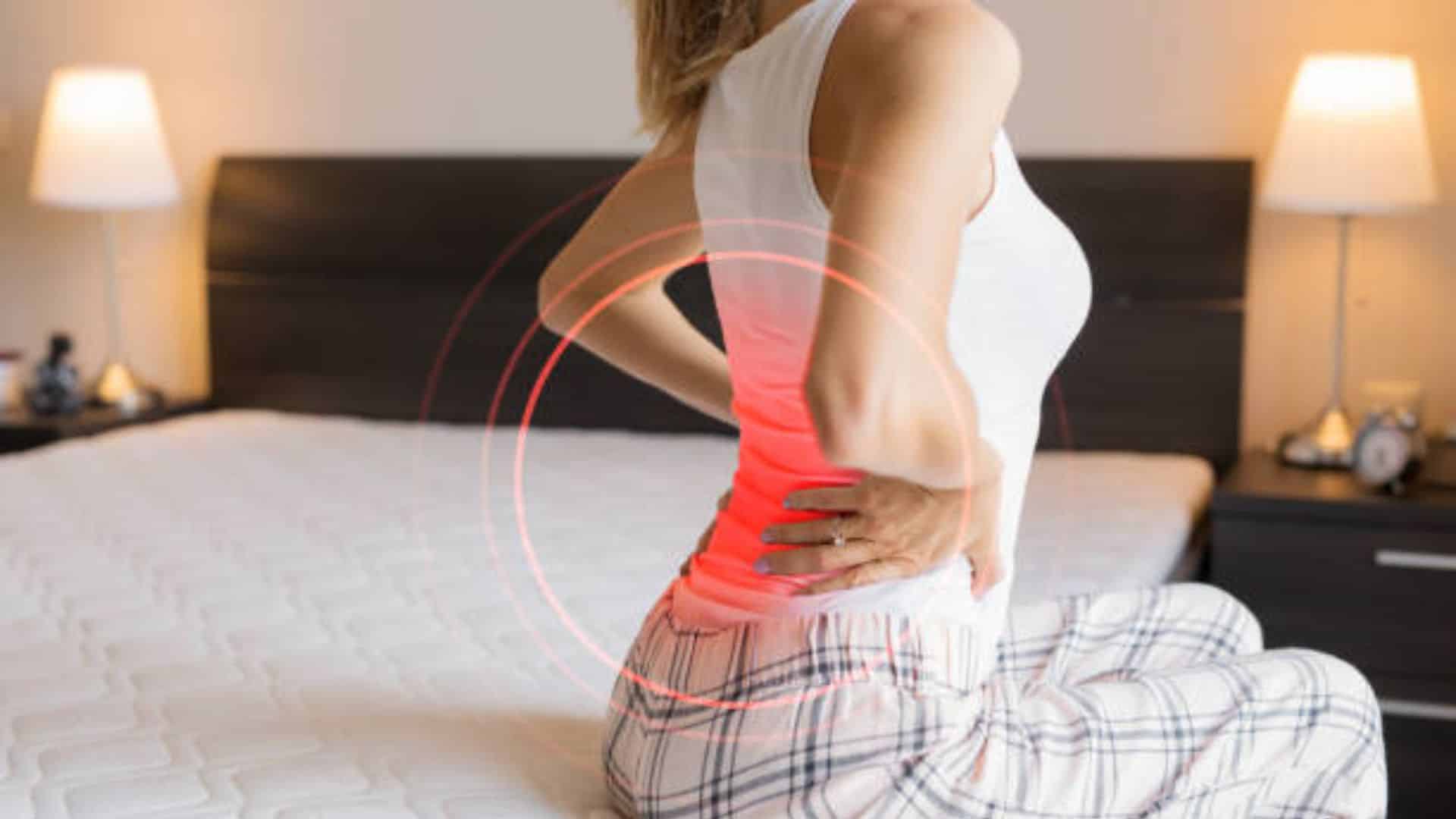Can Tight Neck Muscles Cause Dizziness or Headache?

You’re sitting at your desk, working on a project, when suddenly you feel a sharp pain in your neck. You try to move, and the pain gets worse.
Some ways to get rid of stiff neck and pain include applying hot and cold compresses, stretching the neck muscles, massaging the area with a foam roller or massage ball, using a topical pain reliever, and practicing good posture.
Read more: How To Get Rid of Stiff Neck?
You might be wondering, can tight neck muscles cause dizziness or headache? Read on to understand the potential causes and treatment options.
What Is Cervical Vertigo or Cervicogenic Dizziness?
Cervical vertigo or cervicogenic dizziness is a condition caused by problems in the neck muscles and joints. Here’s how it occurs: the neck muscles and joints work together to support your head, neck, and spine. When these muscles or joints become tight or tense, they can disrupt your body’s balance. This disruption can lead to dizziness, headache, or even nausea.
What Are the Causes of Cervical Vertigo?
The most common cause of cervical vertigo is poor posture. When we have bad posture, our neck muscles and joints become compressed, leading to tension in these areas.
Other causes include:
a) Neck trauma, such as whiplash
b) Neck injury or degenerative changes due to aging
c) Sports injuries
d) Stress and tension
e) Overuse of the neck muscles
f) Infections in the ear or sinus region
g) Tumors or cysts in the neck area.
What Are the Symptoms of Neck Muscle Tightness?
The most common symptom of tight neck muscles is pain. People with tight neck muscles may experience stiffness, tenderness, and a constant ache in the neck and shoulders that can spread to the upper back or even wrap around the head. Pain from tight neck muscles can diminish the range of motion and cause limited daily mobility.
In addition to pain, tight neck muscles can cause headaches, dizziness, and balance difficulty due to reduced neck flexibility. This can lead to a higher risk of falls or injuries from slips and falls.
Tightness in the neck may also lead to tingling sensations in the arms, hands, and fingers. This is often caused by pressure on the nerves that run from the neck to the arms. In extreme cases, tingling in these areas can be accompanied by numbness or even weakness.
Tight neck muscles can also cause fatigue and tension headaches due to an increased strain on the neck muscles.
How Is Cervical Vertigo or Cervicogenic Dizziness Treated?
The treatment of cervical vertigo is based on the underlying cause. Generally, treatments involve physical therapy and lifestyle changes. Physical therapy can help reduce tension in the neck muscles and joints, while lifestyle changes can include posture correction, relaxation techniques, and avoiding activities that can exacerbate the symptoms.
Some medications may be prescribed to reduce dizziness and headaches associated with tight neck muscles. If these treatments are unsuccessful, surgery may be necessary to correct any structural problems in the neck or spine.
Call Gateway Spine & Pain Physicians for the best neck pain relief in Chicago. We have experienced spine pain specialists and can help you get your neck muscles back to normal quickly and efficiently. Contact us today for a consultation so we can develop a personalized treatment plan for you.

